Melatonin
The hormone that is responsible for our sleep and wake cycle, explained.
Melatonin, is the hormone responsible for our sleep pattern. Its production increases as the day gets longer and darker and forces our body into a sleep cycle to help maintain a sound circadian rhythm.
Melatonin is a natural hormone produced by the pineal gland in the brain and released into our bloodstream. As I mentioned above, the production is encouraged by darkening conditions, and as you’d imagine significantly reduces and even stops when we are exposed to light.
As a result melatonin helps regulate circadian rhythm and facilitates a healthy transition from an alert and ready state to our sleep state to promote quality resting time.
As we’ve mentioned before, resting up is one of the most vital components of any training cycle. It isn’t the food, or the training where things change and adapt, it happens in our sleep. Training and nutrition within a training program are just stimulus, they’re just information which theoretically get piled up on a daily basis to then be filed away as we sleep, for which we need melatonin circulating in our body. Melatonin is naturally occurring in the body, but supplements are widely used to sometimes combat short term sleep problems. This is more common with people suffering jet lag (not really a lockdown issue), people working shifts and people wanting to ‘reset’ their sleep cycle.
Latterly, and I would probably say 2000 onwards with the advent of new intelligent and interactive technology, sleep patterns amongst people in general have been on the decline. This is because light omitted from the screens we use to work, shop, interact and game on are actively working as a significant light source and delaying the production of melatonin. If melatonin isn’t being produced, and circulated around in our blood, we’re simply going to struggle to fall asleep. This has a knock on effect in to how we wake up. I don’t mean opening our eyes and getting out of bed, I mean the mood we wake in, how well rested we feel, how long it takes to be alert and how able we feel to tackle the days challenges. It all comes back to melatonin production and regulation.
It is evidenced from some studies that exposure to ‘short wave’ light can delay the production of melatonin by 90 minutes on average (across 12 individuals in subject group). That means, 90 minutes from the last time you checked your mobile, or from the end of a program you’ve ‘snuck in’ before bed, or that last game or race on the console.
Obviously, having lost a year and some to Covid 19, the year is now 2021 and we know the majority of people rely on screens to work, socialise, and complete tasks and chores and ruling screens out is simply not going to happen for most people. If this sounds like you (using screens a lot), then consider investing in some glasses which block short wave light, and reduce the negative effects screens can have on you. If you’re a shift worker you can purchase glasses which block yellow light (Found on morning sunshine) which stop or slow down the production of melatonin so the body can awake and become alert, and prepared. If you’ve just done 12 hours throwing items at shelving for the lockdown locusts to come and mass purchase, being woken up on the walk or bus ride home is the last thing you’ll want.
In addition to the above (and some people will find this really weird) I actually don’t have curtains in my bed room, and on days where I don’t have to beat the alarm clock I will tend to wake up as the light starts being bounced around my room which through the summer time means my sleep starts later on, and finishes early in the morning. The entire notion of being a ‘morning person’ or a ‘night owl’ is made up, and completely synthesised by modern life. If you’re up until daft o’clock blazing screens, you’re not going to sleep well, and you’ll wake up feeling ill recovered and as tired as when you went to bed.
Even settling the screens down 30 minutes before bed will help with the production of melatonin, and therefore the circulation of melatonin, the quality of your sleep and rest which will enhance recovery. Don’t take my word for it, give it a whirl yourself.

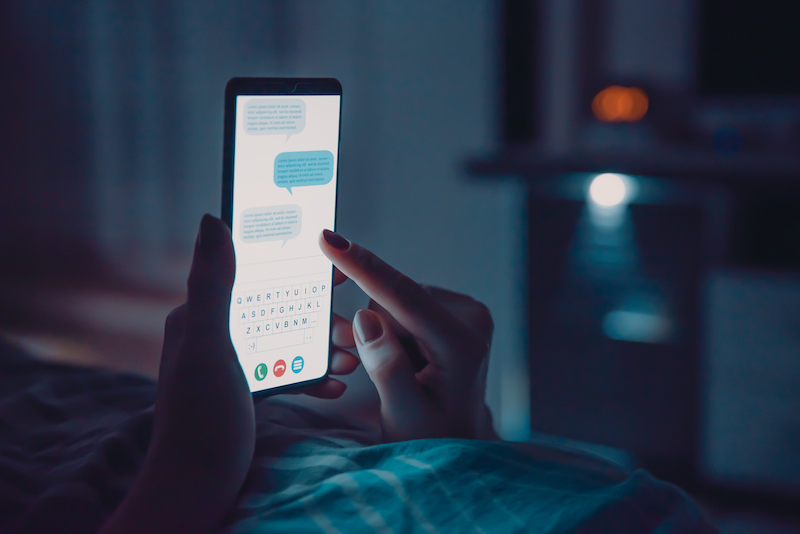
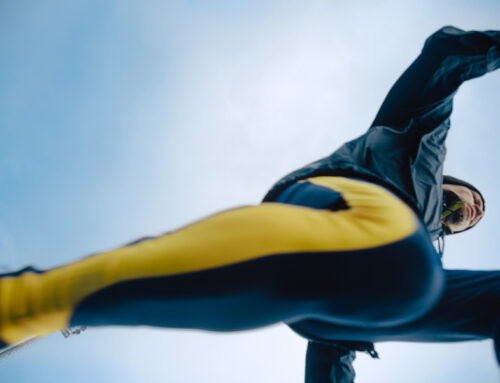

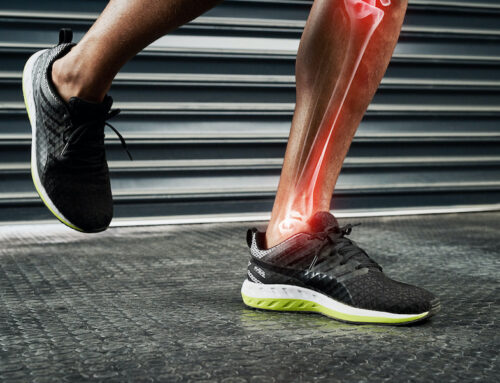
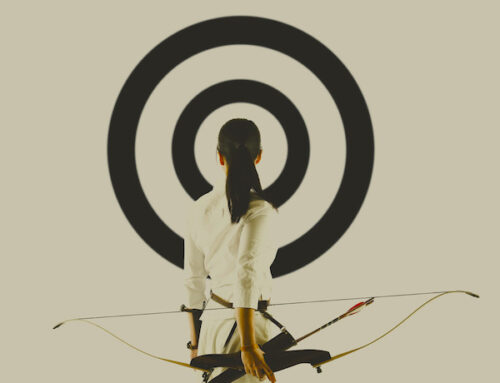
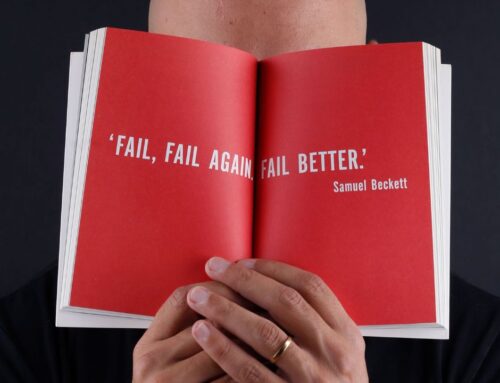
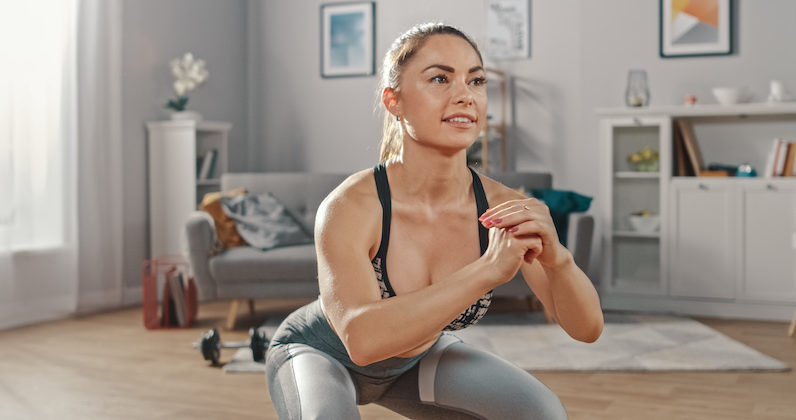 >
>

Leave a Reply